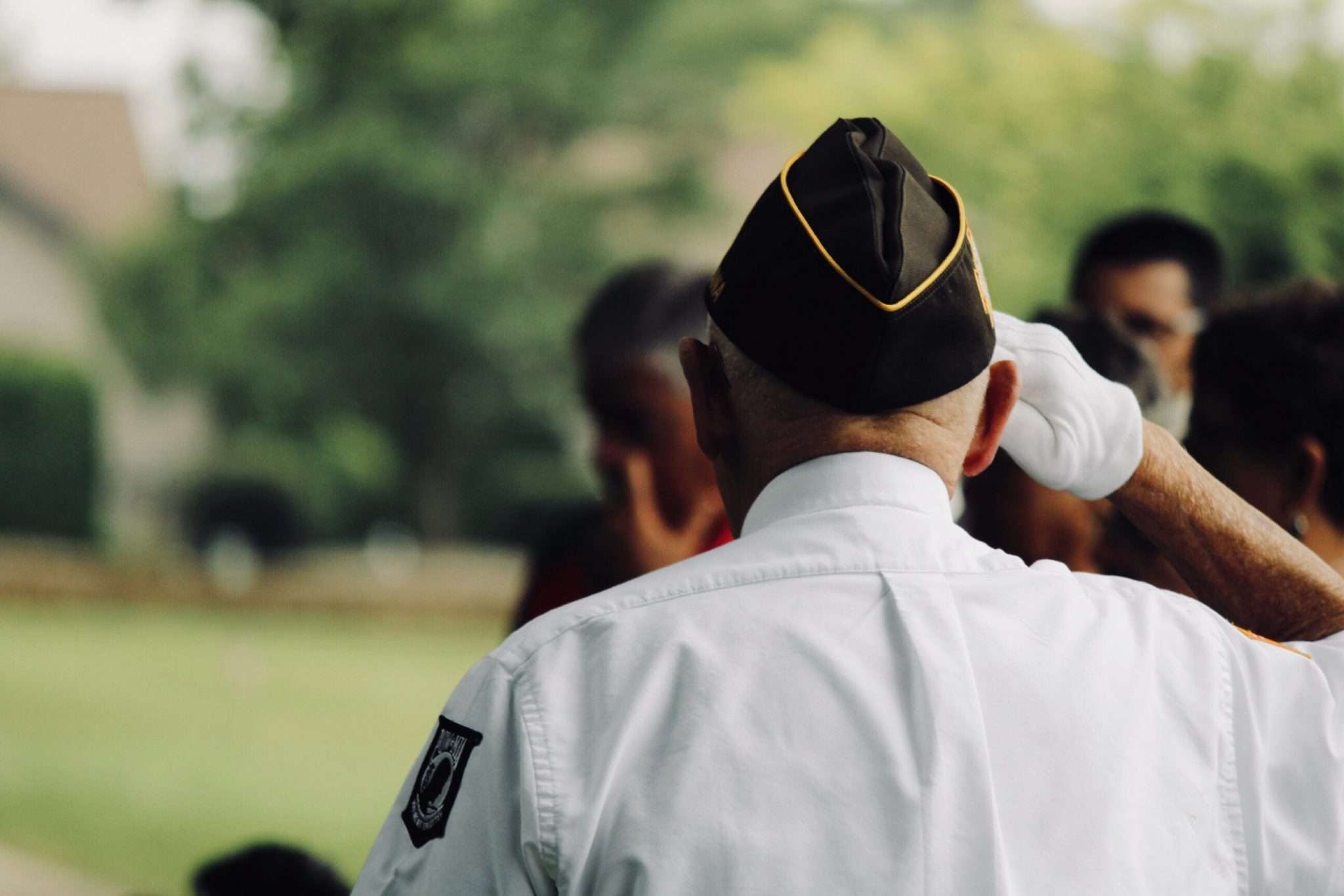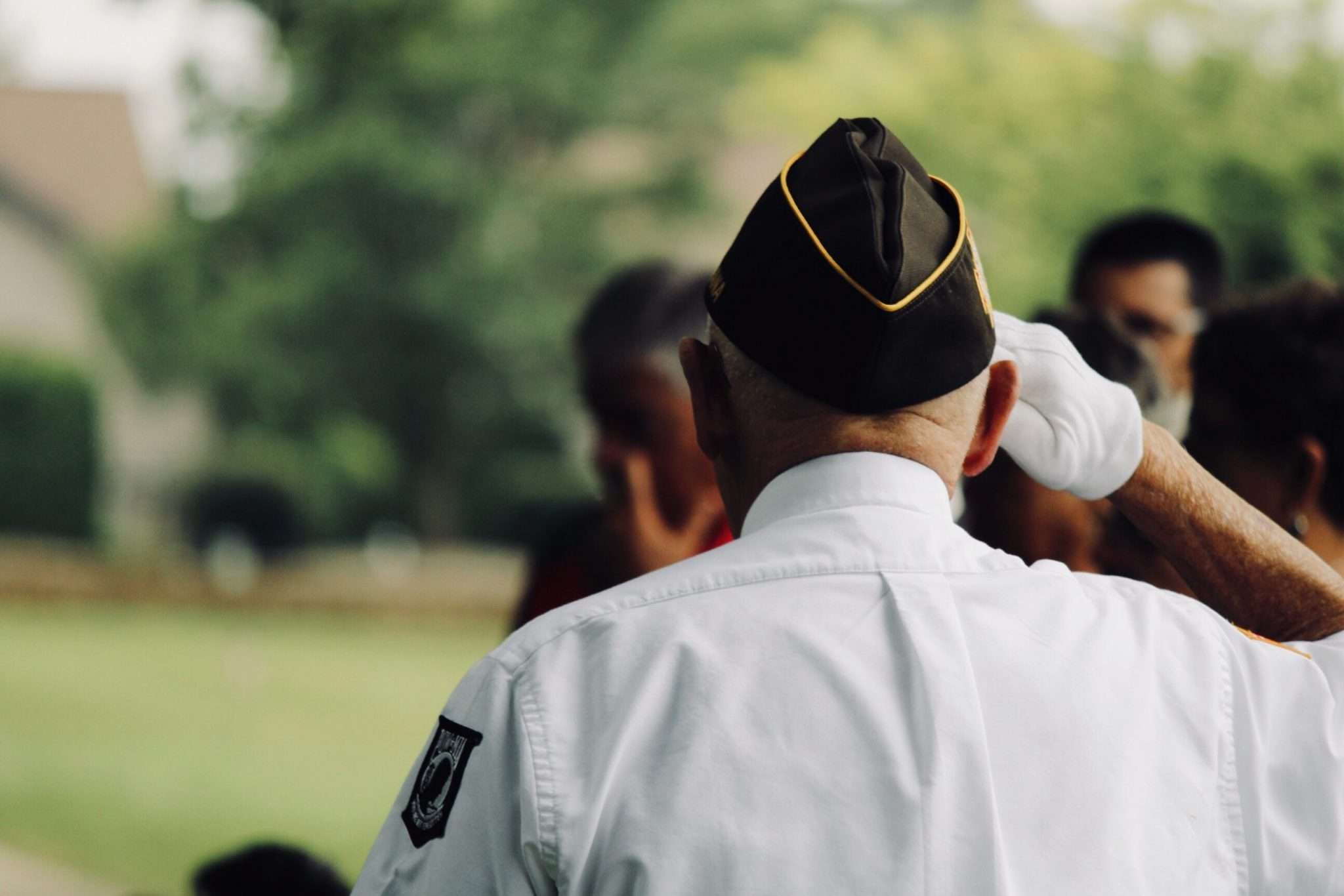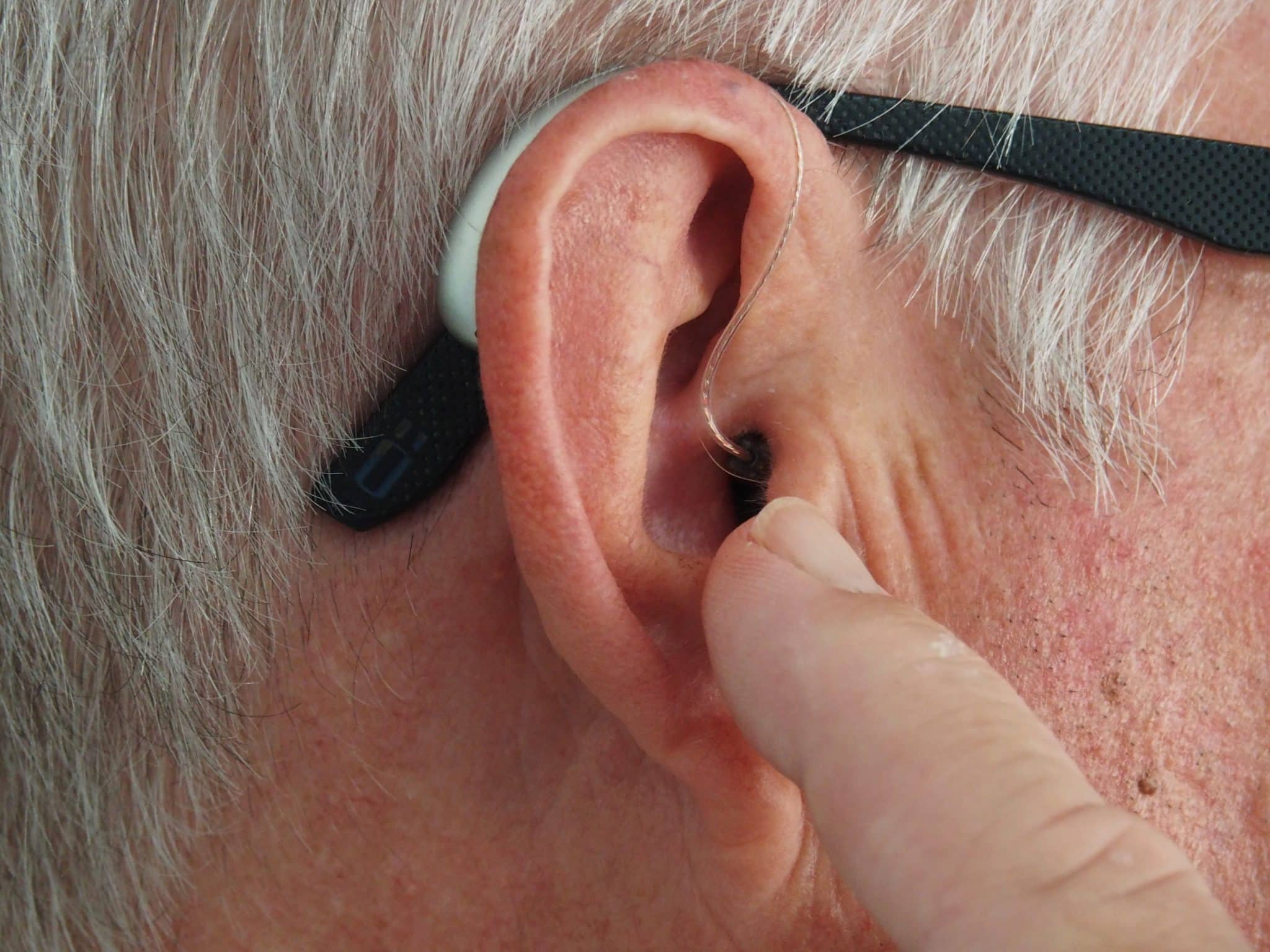
Soldiers rarely come back from overseas unscathed. It's the nature of the job.
You're probably already familiar with common veterans issues like PTSD and physical injuries.
But, do you know what the top two compensated military disabilities are? Would it surprise you to learn tinnitus and hearing loss are the most common combat-related disabilities?
According to the
Veteran’s Benefit Administration, the most prevalent disabilities vets receive financial assistance for are related to hearing.
Hearing Loss and Veterans
In 2012, 414,000 veterans of Iraq and Afghanistan experienced tinnitus, service-related hearing loss, or both. That's a lot of people with hearing difficulties!
The
Center of Disease Control and Prevention reports veterans are 30 percent more likely to have severe hearing loss than nonveterans. Moreover, those serving after September 2001 are four times as likely.
Check Your Hearing
On top of that, the chance of a soldier getting an auditory injury is climbing by 13 percent to 18 percent a year.
So, what does this all mean?
Ultimately, the stats tell a harrowing hearing story. Military persons have a higher-than-average chance of damaging their hearing.
Dangerous Conditions and Hearing Loss
It’s a situation that’s akin to being stuck between a rock and a hard place. You've heard that saying before, right?
On-site positions in the military include exposure to very loud conditions. It's part of the job. Loud noises include eardrum-blasting roadside bombs, air strikes, and firefights.
Unfortunately, all of these sounds involve
noise levels that are considered dangerous.
Given the risks, protection is essential. Protection mitigates damage to the ears. Soldiers do receive military-issued protection; however, too often, it goes unused. Other times, the protection isn't used correctly.
Circumstances such as ambushes and bombings happen unexpectedly without the appropriate time to react and insert earplugs.
[embed] https://www.youtube.com/watch?v=MByFlHw-0m0 [/embed]
The Consequences of Noise-induced Hearing Loss for Vets
Unfortunately, too many soldiers live with damaged hearing long after their service time ends. The consequences of poor protection in these situations are vast.
Damage to the ears is not reversible. Outer hair cells, which are responsible for our hearing abilities, do not regenerate once lost. Once they're gone - they're gone for good. Soldiers end up with poor hearing for the rest of their lives.
Moreover, due to age-related hearing loss, their hearing often worsens over time. Reduced hearing throughout our lifetime is just a fact of life. It's gradual. It builds over time. That's why we see so many older folks with hearing aids.
A soldier exposed to loud noises while they were young may continue to feel the effects of damaged hearing as they age.
Hearing Loss Protection
As you can imagine, hearing protection is the best solution when it comes to avoiding hearing loss.
Hearing health starts with prevention. It's much easier to take steps before ears are damaged than after. For this reason, the government has stepped in with the goal of combatting hearing damage preventatively.
The Government Protects Those in Service and Their Ears
As we mentioned, military officials and the government are taking steps to protect soldiers' hearing.
So, how are they doing it?
For one, they're producing easier-to-use earplugs. Secondly, the earplugs now come with instructions to ensure proper use.
Now, the military is providing more education about
hearing loss and hearing safety amongst their soldiers. Additionally, testing is ongoing in war zones for better detection of ear injuries.
On top of this, hearing-trained specialists are now available to troops at the front lines. This is a change from past times when specialists were only available in field hospitals.
Lastly, the Navy is working with
America BioHealth Group in attempts to develop a
hearing pill that could provide protection. Early studies done in 2003 showed a 25 to 27 percent reduction in permanent hearing loss, which is certainly promising.
While the military is taking steps to protect their soldiers, Audicus encourages soldiers to maintain a
healthy lifestyle.
The
Hearing Loss Association of America has a page dedicated to veterans and the multiple benefits that they can offer to those who suffer from
hearing loss.
by Esther Shasho, updated in 2022 by Kimberly Smith
 Soldiers rarely come back from overseas unscathed. It's the nature of the job.
You're probably already familiar with common veterans issues like PTSD and physical injuries.
But, do you know what the top two compensated military disabilities are? Would it surprise you to learn tinnitus and hearing loss are the most common combat-related disabilities?
According to the Veteran’s Benefit Administration, the most prevalent disabilities vets receive financial assistance for are related to hearing.
Soldiers rarely come back from overseas unscathed. It's the nature of the job.
You're probably already familiar with common veterans issues like PTSD and physical injuries.
But, do you know what the top two compensated military disabilities are? Would it surprise you to learn tinnitus and hearing loss are the most common combat-related disabilities?
According to the Veteran’s Benefit Administration, the most prevalent disabilities vets receive financial assistance for are related to hearing.
 Soldiers rarely come back from overseas unscathed. It's the nature of the job.
You're probably already familiar with common veterans issues like PTSD and physical injuries.
But, do you know what the top two compensated military disabilities are? Would it surprise you to learn tinnitus and hearing loss are the most common combat-related disabilities?
According to the Veteran’s Benefit Administration, the most prevalent disabilities vets receive financial assistance for are related to hearing.
Soldiers rarely come back from overseas unscathed. It's the nature of the job.
You're probably already familiar with common veterans issues like PTSD and physical injuries.
But, do you know what the top two compensated military disabilities are? Would it surprise you to learn tinnitus and hearing loss are the most common combat-related disabilities?
According to the Veteran’s Benefit Administration, the most prevalent disabilities vets receive financial assistance for are related to hearing.




